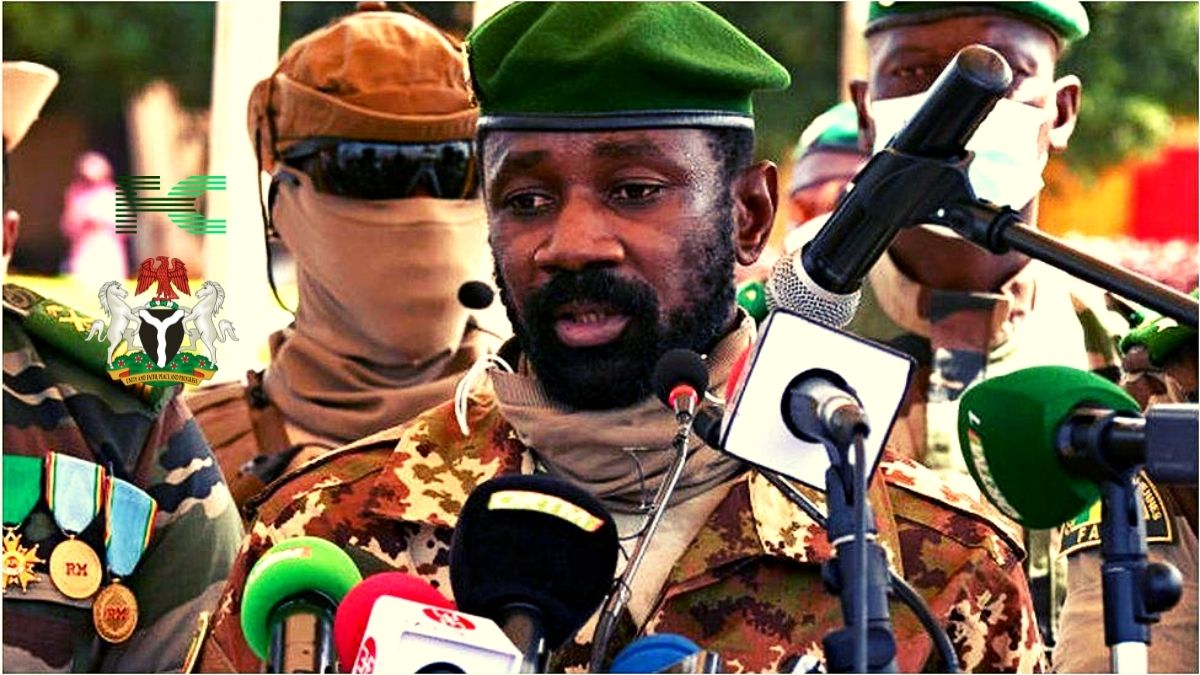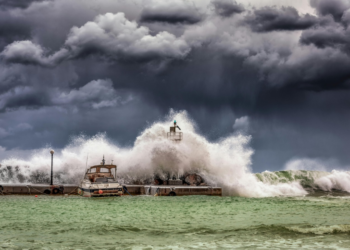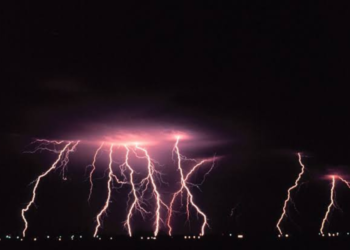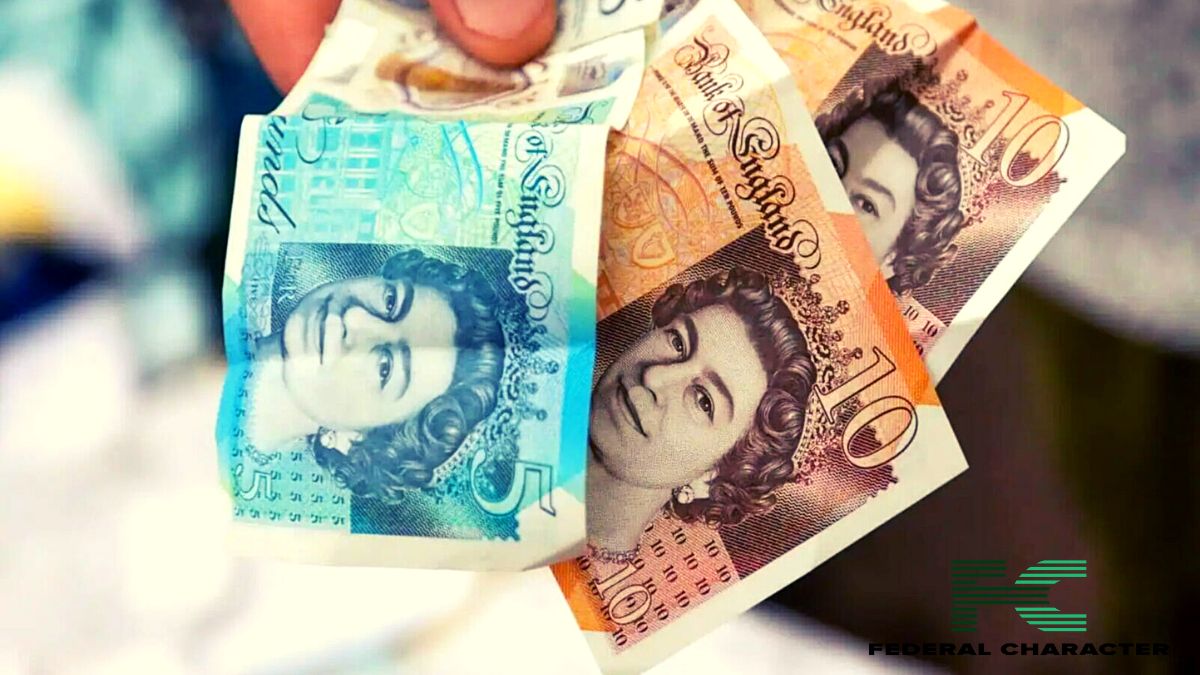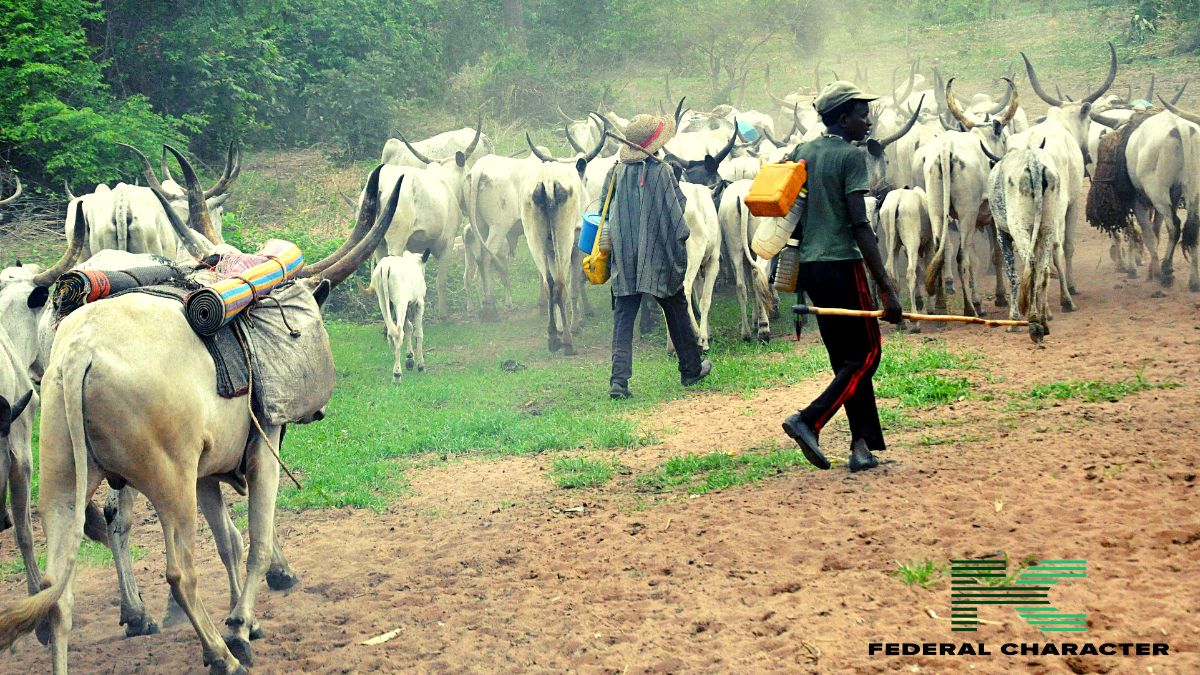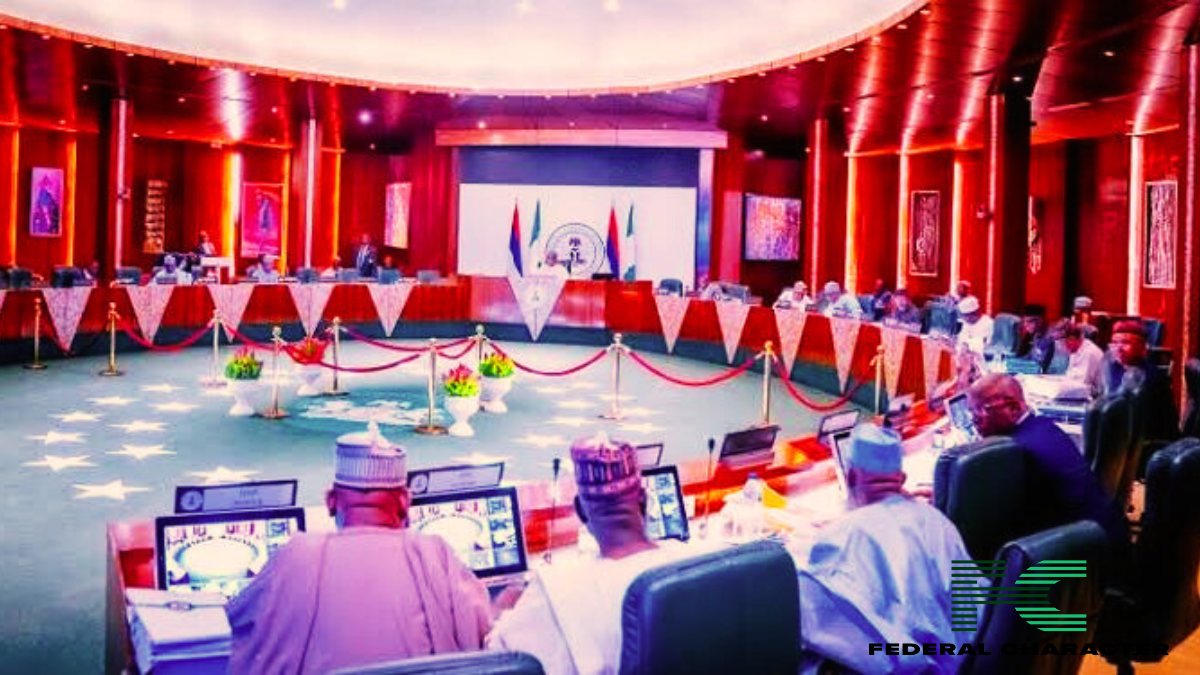Most recently, military Coup d’ Etats has been on the rise across Africa, especially western part of the continent. One military take over has succeeded another, which has hinged the Sahel region closer to destabilization of security.
In 2021 alone, there were four successful coup across the continent – Chad, Mali, Guinea and Sudan. Last Sunday while observers across the world were still in bewilderment about trends of military coup of 2021, the military struck again with another coup in Burkina Faso. This is beginning to seem as if coup is making a comeback, or as aptly described by United Nations Secretary-General, Antonio Guterres, he said it’s becoming an epidemic of coup d’etats.
The spate in the militarisation of politics, many analysts believe, is influenced by a mix of external drivers that includes the diverse number of international actors representing different interests who are active in the continent, prioritising their interests by leveraging on the fragile internal public sentiment against insecurity, corruption and poor governance which are prevalent across the continent to triggered such upheaval.
Meanwhile, as the spate of the coup keeps on increasing, it seems that African leaders are sleeping to actually have broad wisdom about the dynamics of the trends, so as to be able to nip it in the bud and stop the incursion of the military in our democratic settings. Their reactions has always been to suspend the erring nations Africa Union or regional body like The Economic Community of West African States (ECOWAS) in attempt to coerce those military rulers to negotiate with civilian leaders, but such attempts have had limited effect.
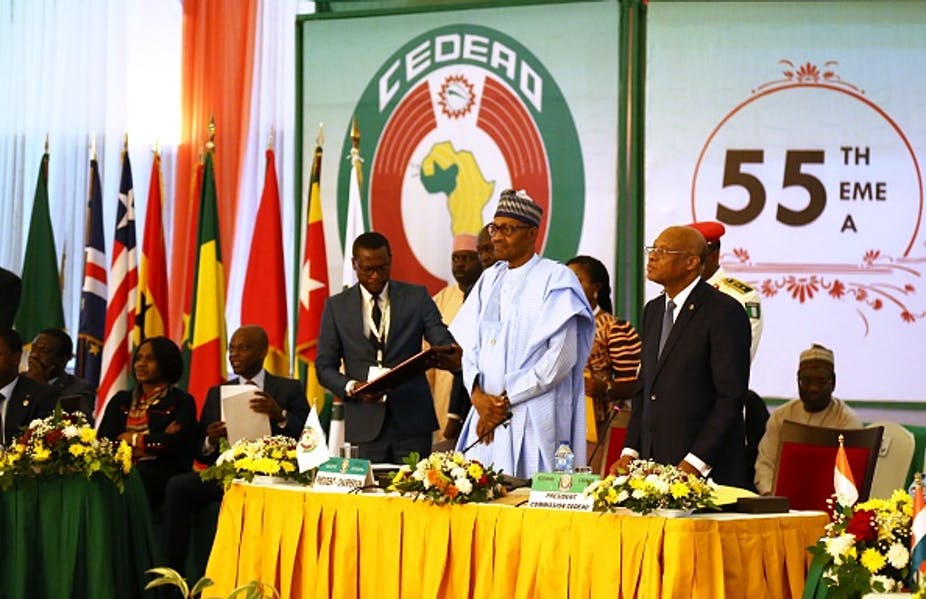
Furthermore, there has been an antecedent that favour the biases that powerful western nations are only after their interests and not in the overall interests of Africans. The Western world, ably led by the United States refused to calling the 2013 Egyptian military takeover as coup, but went on to embrace General-turned-President Abdul Fattah el-Sisi’s military government as the legitimate government of the people of Egypt.
This was followed by similar events of 2017 in Zimbabwean coup that ended the 40-year reign of Robert Mugabe, who was forced to relinquish power by the military. Western nations happy to see Mugabe go, ignored that his resignation had come through a barrel of a gun, but gave legitimacy to his overthrown.
Only if African leaders, especially Nigeria, can see through the game these Western powers play to maintain their grips on the continent through continuous interference in the affairs of the continent. It defies common sense that all of these are happening in a region where western power like France and United States have military bases.
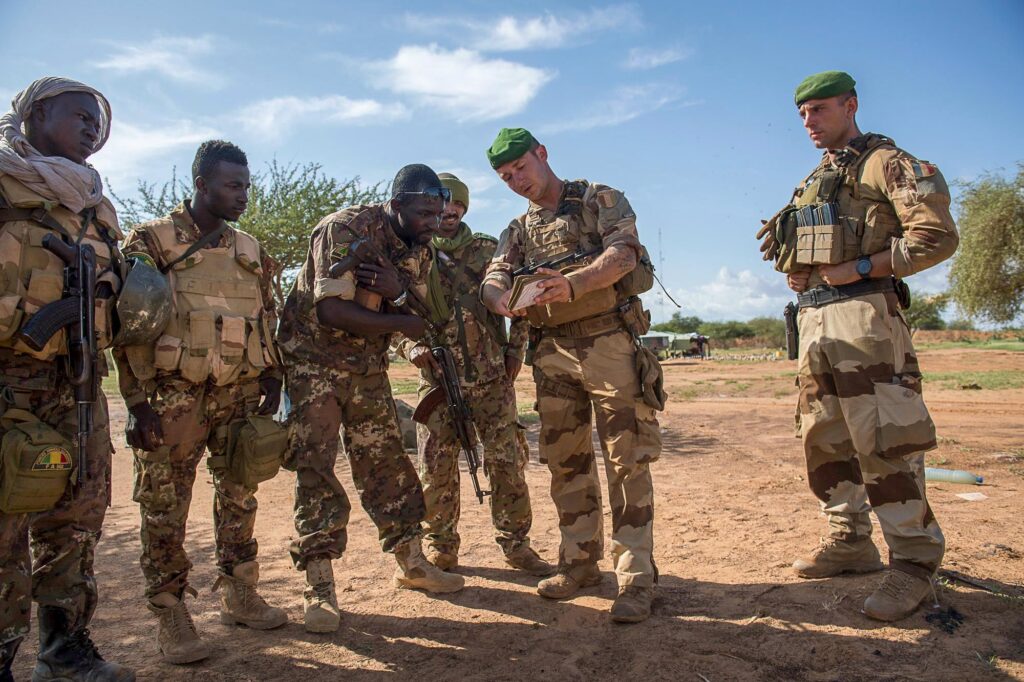
As for Nigeria, She needs to look over her shoulder to checkmate those interference from the Western nations, especially France. Nigeria and France has been at loggerheads since the former gained independence from Great Britain, and since her independence has made Africa as the centre of her foreign affairs. France, on the other hand, is still interested in maintaining her hegemony over former colonies and still pursue strongman-favoring strategy with African countries on military and security basis, and this has raised so much suspicions in Nigeria.
Many in Nigeria believe France always find any excuse possible to remain engaged in Africa, and also sees them as the architect of the carnage happening in Africa. There are even speculations that France payed $17million to terrorists in Mali and $3million to Boko Haram in Nigeria. These speculations, coupled with other malicious events like the way they sabotaged ECOWAS single currency (ECO) is enough for Nigeria to see that France can not be trusted.
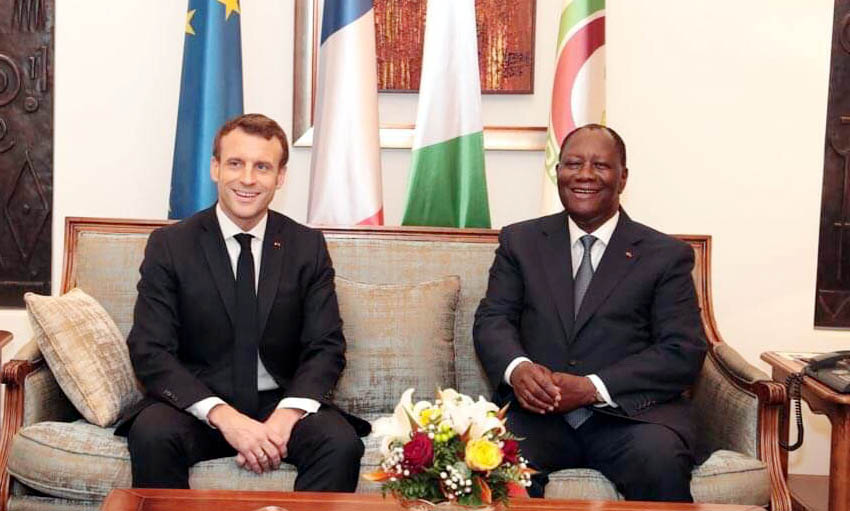
Nigeria being encircled by former France colonies need to be wary of the series of coup happening in the neighbouring countries, and I hope those at the helm of affairs can wake up to stem the shameful trends of military overthrow. Nigeria should should in time mobilize other Africa countries to stop western interference in the continent, by not allowing them to dictate behind closed doors what is good for Africa.

